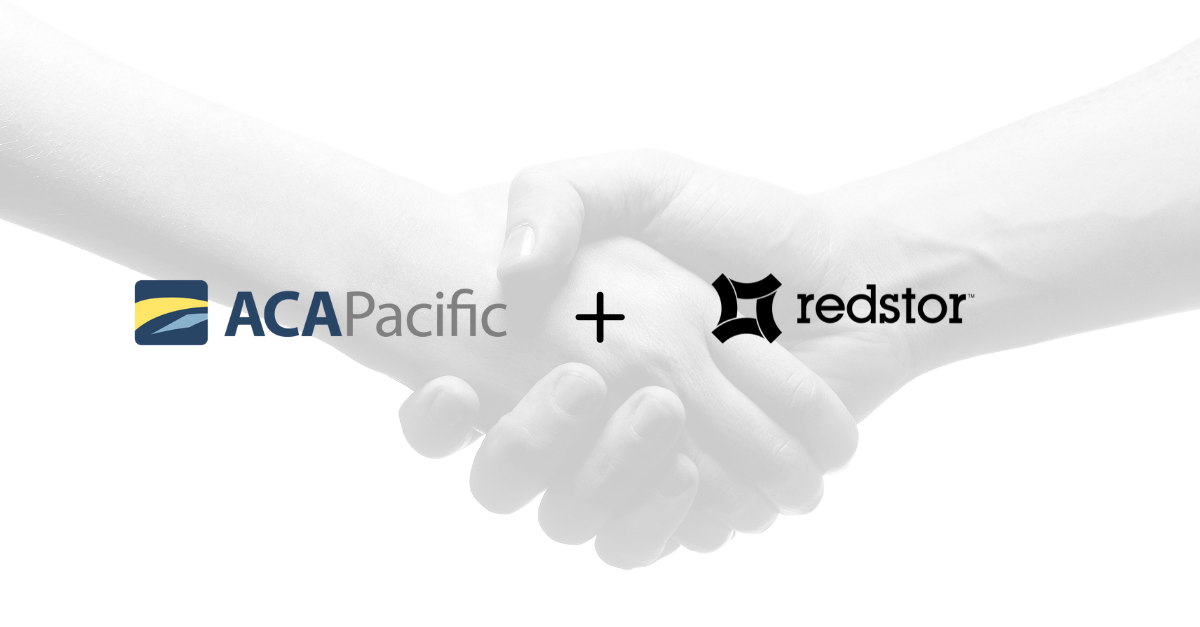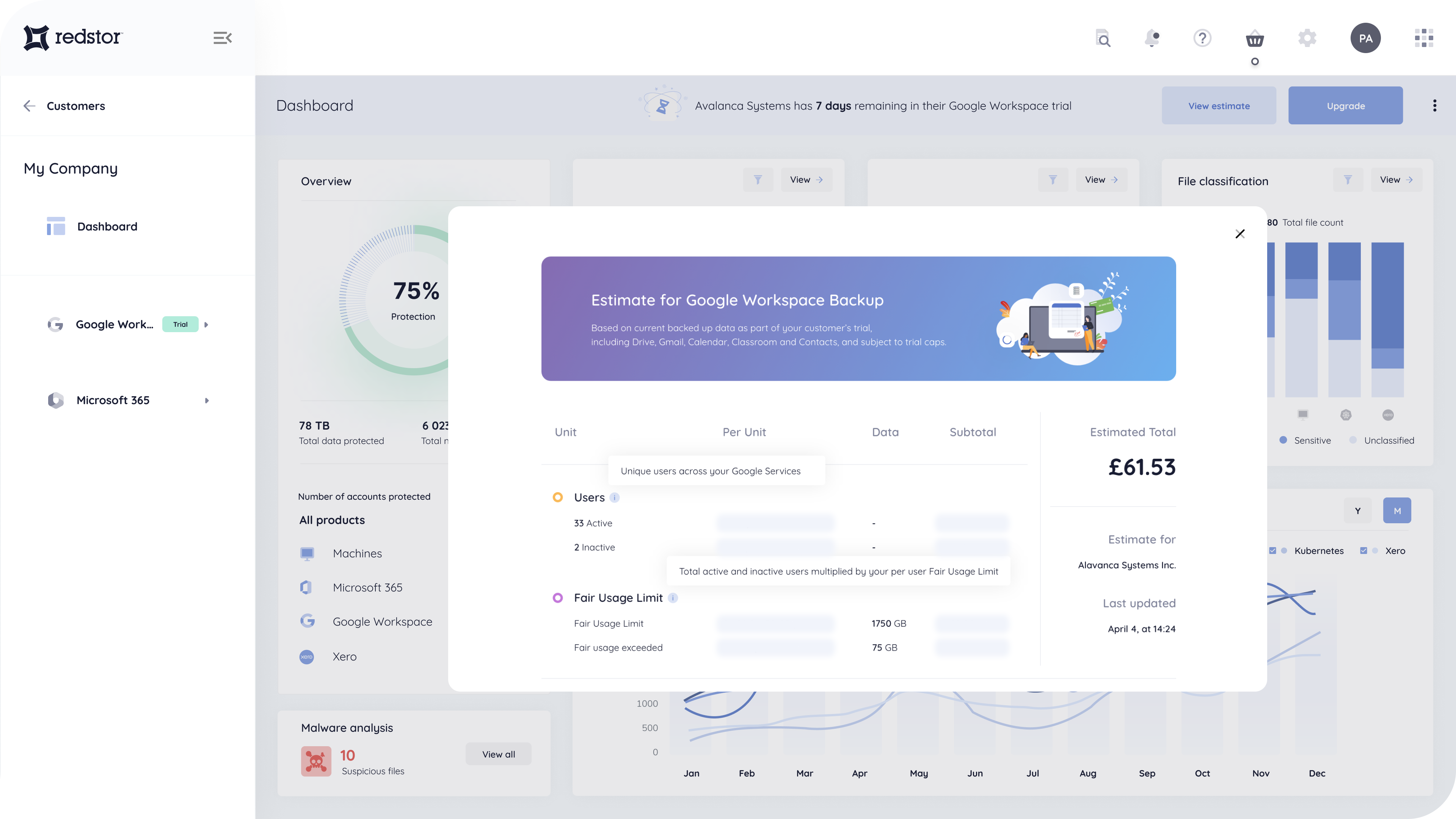It used to be expensive to keep backups but we use low-cost disk now. So low, in fact, that the world is able to store as much as 2.5 quintillion bytes of data daily – and growing. Big Data aside, cloud providers aren’t just data warehouses anymore, Disaster Recovery is fast becoming a premium service (DRaaS) and is projected to grow nearly tenfold in revenue by 2020. This makes the cloud as a haven for data backups more and more attractive. But what if you also need a local copy?
On-site is Good
By keeping data backups locally, either in a private on-site cloud or merely on a server in the basement, you’re able to exercise greater control over it. By the end of 2014, a study by CIGI-Ipsos showed that 72% of respondents worldwide would like their data to be stored on secure servers within their country. This poses some challenges to cloud backup advocates.
In addition, disk storage spending growth is set to decline from 10.28% in 2015 to 2.73% by 2019 which should see the cost of disk-based storage also being reduced. Therein also lies the financial benefit to smaller and medium enterprises that cannot afford extensive disaster recovery solutions. Ironically, when backups start consuming too much disk space, more hardware needs to be purchased. In that case, it could be worth adding cloud storage to the mix. Consider solutions like Purpose-Built Backup Appliances.
Cloud is Better
Cloud backups allow you to focus on the core principles of your business by effectively having your data protection outsourced to a cloud provider. This requires some research and due diligence on your part to find a suitable provider but once identified, could save your business a lot of money in IT infrastructure. A downside to cloud backups is that data recovery could take longer than having local copies, depending on the quality of the internet connection and the quality of the cloud service.
Hybrid is Best
But hybrid cloud backups can be a fusion of best-of-both. A typical implementation of a hybrid cloud backup solution involves data backups being kept locally that are sporadically replicated to some form of cloud storage. You gain the benefit of having backups of your backups. An off-site copy protects you in case of natural disasters in your area. In addition to fire and flood, hands-on threats like theft and hardware failure could see your backups flying out the window.
Right for Your Business
The bottom line about hybrid cloud backups is to make an informed decision about the cost and benefit balance between keeping local copies and having them stored in the cloud.



